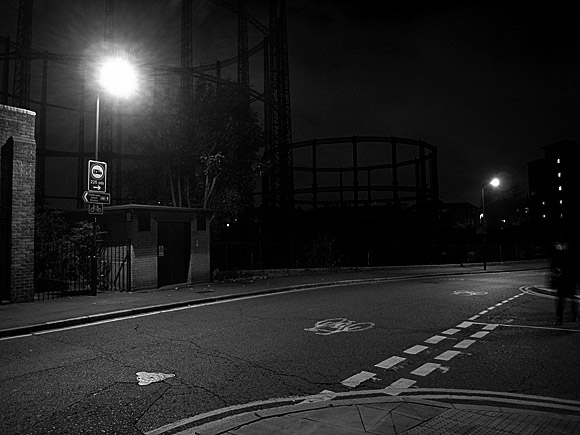
The problem that negative solidarity indexes is twofold. Firstly, and on a smaller scale, it demonstrates the extent to which any activity by labour movements will be met with implacable public hostility. This can perhaps be resolved by a smarter presentation of the underlying issues, difficult though that may seem given the current media ecology. All too often mindless inefficiency and blatantly exploitative management practices are smuggled in under the discursive rubric of “modernisation” and it is clearly around terms such as these that the short term struggles must be based. Any labour actions must be explicitly battles for modernity, against a form of managerialist paradigm which is inadequate and actually antediluvian in nature. However, one of the chief stumbling blocks to achieving this links into the second and far more serious problem which is gestured towards in negative solidarity: the widescale collapse of organised labour under post-Fordism in the west. This has been achieved as the result of a deliberate and carefully coordinated (though experimental) political programme, Neoliberalism. What remains of labour movements in the UK are partly in hoc to the dreadful failure of a New Labour administration, and those that are seriously militant are generally connected to key levers on capitalist production: transport, infrastructure, communications. The control of the narrative of what “modernisation” might mean has been hijacked by sclerotic and centralising centres of accumulation (of capital, power, information). Between the forcible shattering of the labour movements in the 1980s and thirty years of post-Fordisation of the workforce, widescale labour militancy would seem to be unlikely. The old form of workerist solidarity is inadequate, only partially available, and utterly weakened.
Unpicking negative solidarity, which is clearly an internalisation of the conditions of flexibility and atomised ‘homo economicus’ individualism necessary for the embedding of Neoliberal post-Fordism, requires the constructing of a new form of solidarity, a form of solidarity adequately configured to effectively oppose the chief machines of Neoliberal praxis: finance. This new form of solidarity must be capable of fluidity and rapid response, able to exploit weaknesses within systems and structures opportunistically and with a global purview, one which crucially can mirror the rapidity and fluidity of international finance. This is solidarity as plasticity, rather than the static brick-like form of Fordist labour solidarity, capable of flowing and shifting, yes, but also of fixing into position and assuming a hardened form where necessary. This form of solidarity must be inclusive of the new protest and occupation movements which have emerged in recent years, which although they have been largely ineffectual to date, have certainly led to new and interesting configurations of interest groups. What has been lacking however are the necessary cybernetic coordination systems to effectively enable these disparate and fragmentary groups to achieve the status of a counter-hegemonic power, a “class” power in the broadest sense of the term, one which is capable of counter-balancing effectively the rapacious if discredited centres of neoliberalism. Indeed it is this which must be formulated as the political conclusion of theories of post-Fordisation, rather than any kind of fantastical and strictly imaginary political subject such as the multitude. Only when there is an effective counterbalancing power can new theoretical socio-economic post-capitalist forms be properly disseminated, and successfully gain purchase.




